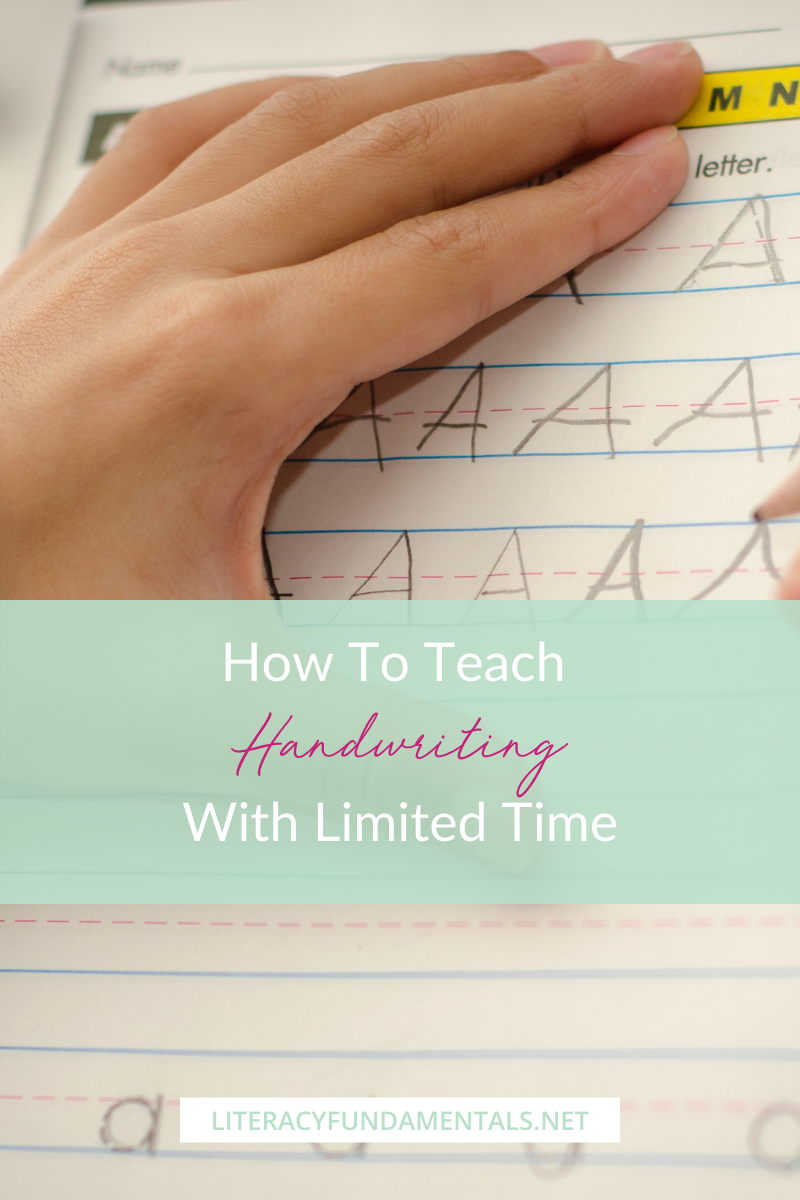I’m a complete nerd for thematic units. Thematic units are my all-time favorite hack for boosting student engagement, which is why I always look forward to Celebrating Women's History Month. It’s the perfect opportunity to introduce students to brave, trailblazing women who changed history - the perfect way to peak engagement during a time of year when student productivity seems to be at an all-time low. And here’s the best part, this is all possible without adding more to your plate
Read MoreLet’s face it… teaching isn’t a “set it and forget it” type of job. Systems that worked beautifully in September might not hold up as your students’ needs evolve. And with so much of the year still ahead, it’s worth checking in and reflecting to ensure routines and expectations you set aren’t just surviving - but thriving. “Something needs to change…but where do I START?” It starts with REFLECTION. Reflecting on current Daily 5 expectations, systems, and routines can uncover valuable insight into what’s working and what needs addressing in your mid-year classroom reset.
Read MoreSomehow, the routines and expectations we set at the beginning of the year seem to go right out the window during December. The interruptions, changes of routine, and excitement of the upcoming days off can leave us to pick our battles as we work to ensure that the weeks leading up to the holiday break are fun for our students without causing ourselves to feel overwhelmed. Returning from the long holiday break is the perfect time to get your literacy block back on track! Learn how to revamp your literacy block to ensure that the second half of the school year is productive and stress-free!
Read MoreEvery minute of the day is accounted for because there’s so much to fit in! And because time is so tight, if a lesson takes more time than I planned or our students come in 5 minutes late from recess, somethings gotta give…And it usually ends up being handwriting practice. But it’s not a lost cause! By finding creative and manageable ways to incorporate handwriting instruction into your daily classroom routine, it is possible to enhance your literacy outcomes without overloading your day.
Read MoreI love adding a little thematic flair to my Daily 5 activities. With Christmas just around the corner, now is the perfect time to add a little holiday cheer to your literacy block. What’s my favorite way to add some Christmas spirit to my writing centers? A Classroom Elf! With some careful planning and purposeful activities this holiday tradition can be productive and fun for both you and your students!
Read MoreMastering how to clearly explain expectations - and ensuring students actually follow them - is the key to a well-managed classroom, especially during independent work time (the heart of the Daily 5 framework!). However, getting students to stick to expectations without feeling like you're constantly nagging can be tricky. When I incorporated Whole Brain Teaching strategies, everything shifted for the better…
Read MoreStruggling to keep your kindergarteners engaged while building strong literacy skills? Organizing an effective literacy block can feel impossible with so many moving parts—and with such short attention spans! Discover how implementing the Daily 5 framework can transform your kindergarten classroom. Learn how to build literacy skills, foster independence, and create a smooth, efficient literacy block that works!
Read MoreWanna know what I enjoy most about teaching fifth graders? Book Clubs! I know, I’m a bit of a Daily 5 junkie, but Book Clubs help me build strong relationships with my students while still teaching the content I need to cover. But choosing books for upper elementary Book Clubs can be a challenge, which is my I’m sharing my favorite books for upper elementary Book Clubs. These book recommendations are ones my students LOVE, and yours will, too!
Read MoreAs a first grade teacher, I understand the importance of proper handwriting technique. I’ve seen the total gamut of pencil grips over the years I’ve spent teaching kindergarten and first grade.
Read MoreWith so much technology in our student’s hands daily, you might be wondering if handwriting practice serves a purpose anymore. No matter how much technology our students use daily, I’m here to tell you that handwriting is just as important today as it was 50 years ago. In the primary grades, students are practicing fine motor skills when they learn how to hold a pencil and form their letters correctly.
Read More









